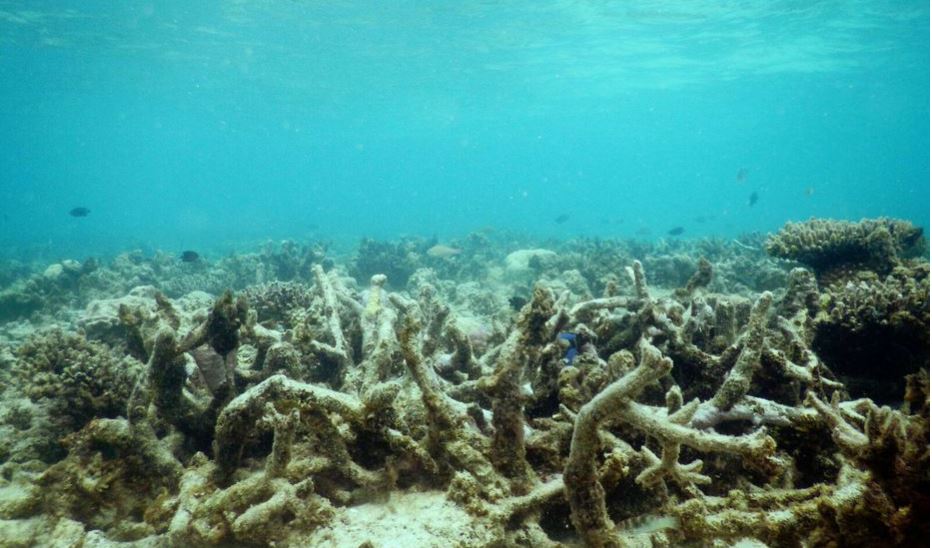As per the research by a US leadership development firm, nearly 40% of new executives fail within 18 months – they could be new hires or newly promoted managers within the same company. Among the reasons for this high failure rate nearly 75% fail to connect to the culture, which could be further linked to their political savviness or teamwork expectations depending on the level. The change in expectations that go with the level is like the change in water temperature as you swim up or down when you dive into the sea.
The success of an executive is definitely a handshake between the executive and the organization. In this article let us focus on how an executive can read the culture better to ensure not just survival but pave a clear path to success. Tim Gordon, a marine biologist and PhD candidate states in his research paper that “There is a lot of music under the sea. A healthy section of the Great Barrier Reef for example has a whole orchestra going on of underwater animals making noise”. But when the reefs get damaged due to the climate or human interference the music changes as the animals start leaving. The harmonious reef noise drops by nearly 15 decibels. The silence causes young fish to loose track of their homes as their habitat changes rapidly. Soon enough the reef starts dying and new fishes are unable to survive the changing environment.

In the same way, every organization has a soundtrack. There is lot of mixed noise below the calm surface that defines the culture of the organization. Executives need to have the ear to hear this noise – is there an orchestra or the dropping noise of a challenging culture. This is extremely critical. The most successful executives are able to do this very well and make a choice – if they will be able to navigate the culture or should they take an early call to find “reefs where they can hear the right orchestra”.
So how do you listen well? One needs to first open up the EKD© filter a wee bit. And what’s EKD ? I coined this term based on my conversations over the past two decades with nearly 2000 senior and mid level executives. With the growing years of experience the EKD Factor (Experiential Knowledge Dump) in our minds starts challenging the learning curve. It has been seen in various studies that executives especially in their forties get tone-deaf to the ground feedback in their organization. They give too much credit to their own experiential wisdom and tend not to hear their own network, their teams or the chatter in the organizational network.
I delve into this topic in my upcoming book due for launch later this month. The growing expectations most companies have these days is for the leaders to own their personal development. And obviously the first step in that direction is for the executive to know what are the gaps and the background noise in their own heads to be able to plug in well to the ‘reef’ – the organizational culture which they can convert to be their springboard to greater mutual success. Is this hard to do? Only as hard as the promise we make to go to the gym or do yoga every day. It takes mental discipline and we practice that every day in our lives.
I do get it that some are lucky to be part of organizations that have a culture and set of values, which tie organizational growth to people growth while others may not realize the culture till they move into their new job. In either case, the onus lies on the executive ultimately to plug in to the network that can charge his or her growth, before one pulls the escape hatch. The question is – would you rather make a choice on your will, or wait for the economy to force you to make one.
It’s time to put on your headphones and hear the soundtrack. Ask yourself after a few months – am I loving the music?
Just incase, if you are interested here’s some Reef Noise. Turn up the volume. Do you hear the difference in the first few seconds and later? Connect.
Article Reference Credit: PopSci Coral Reef


